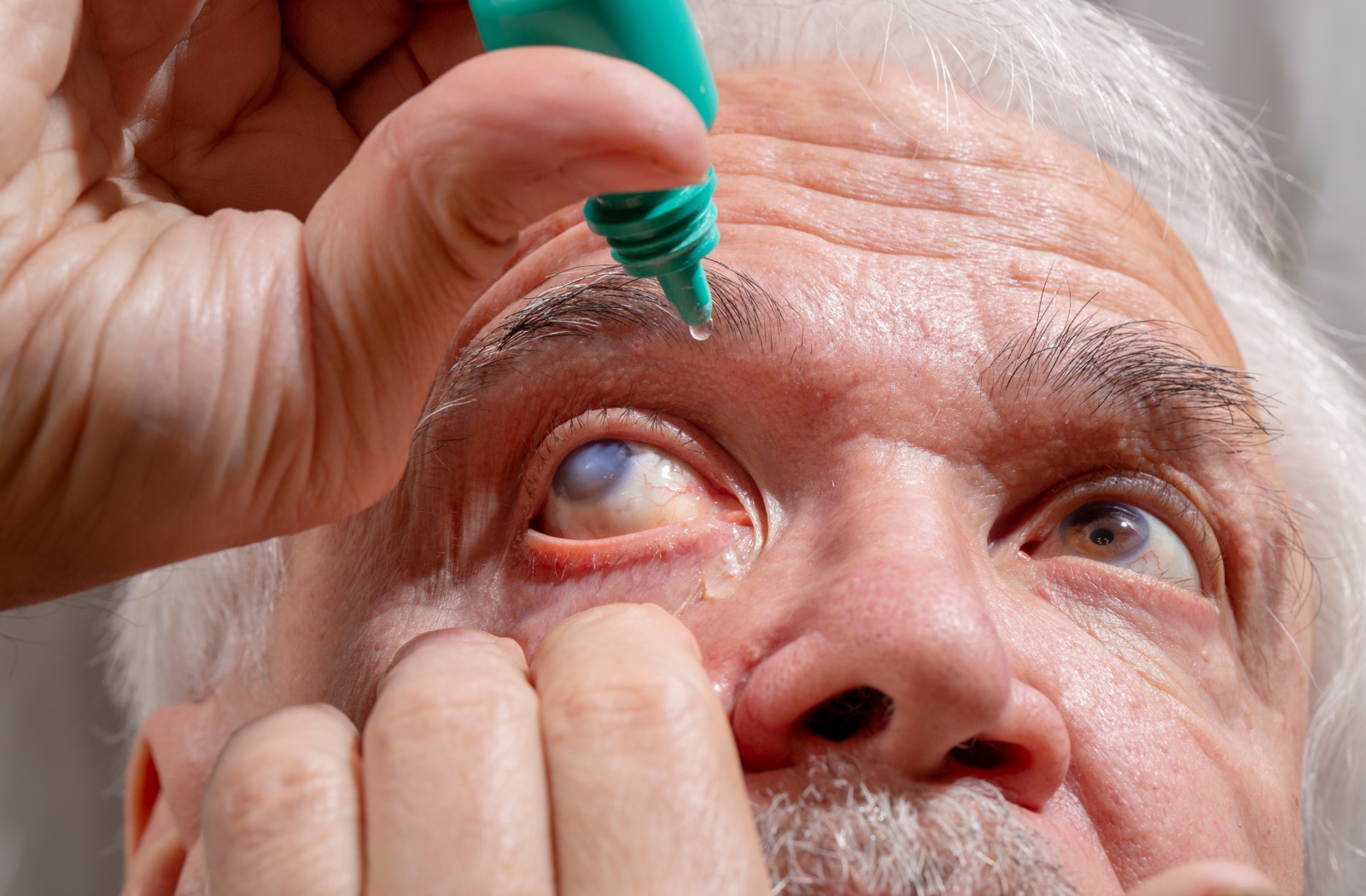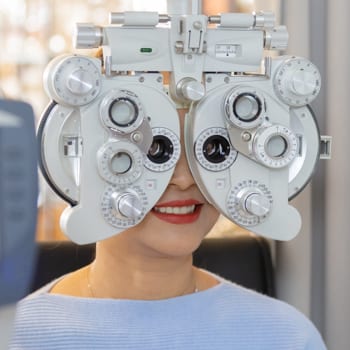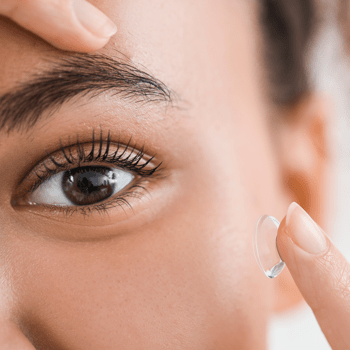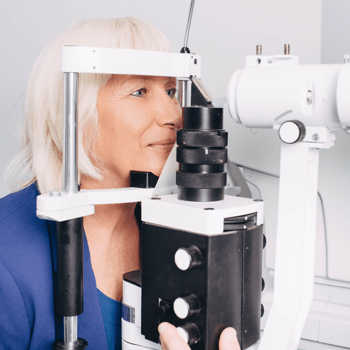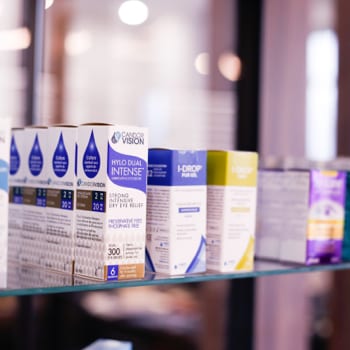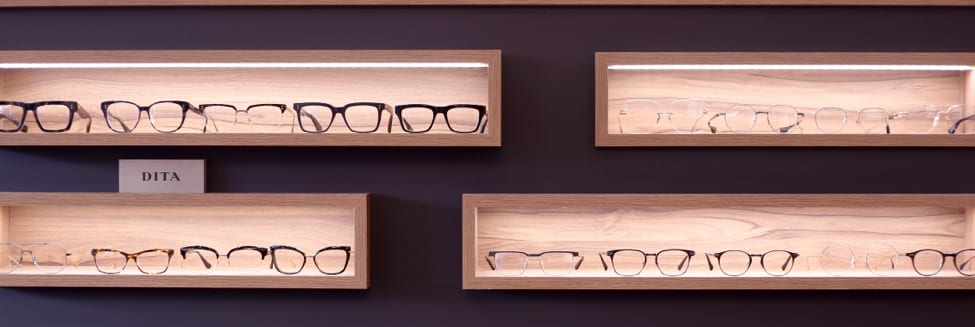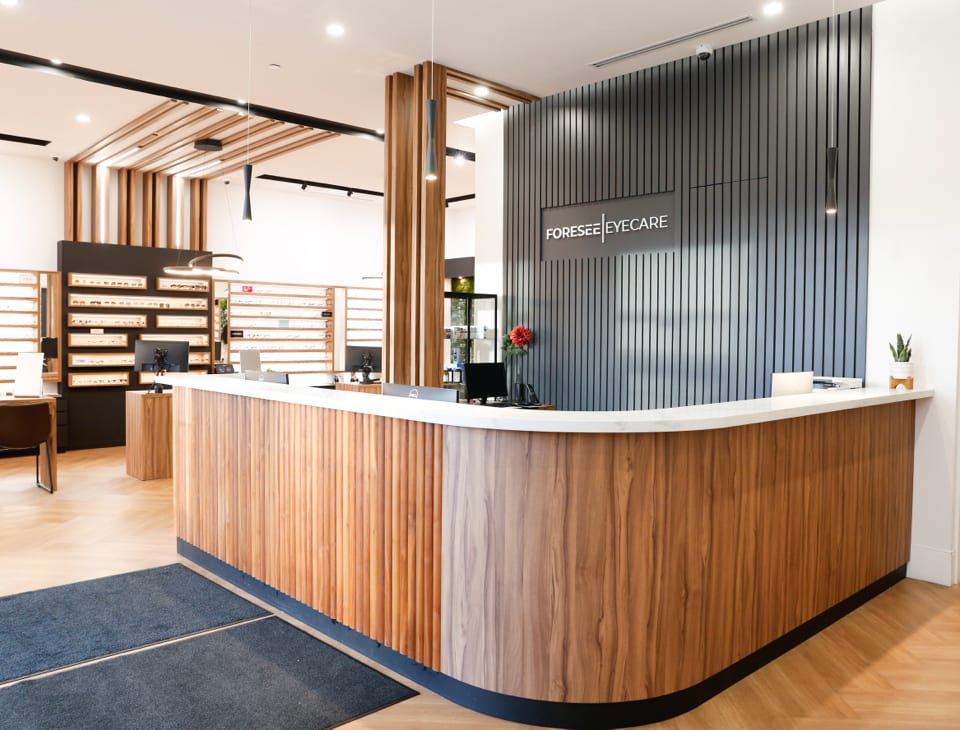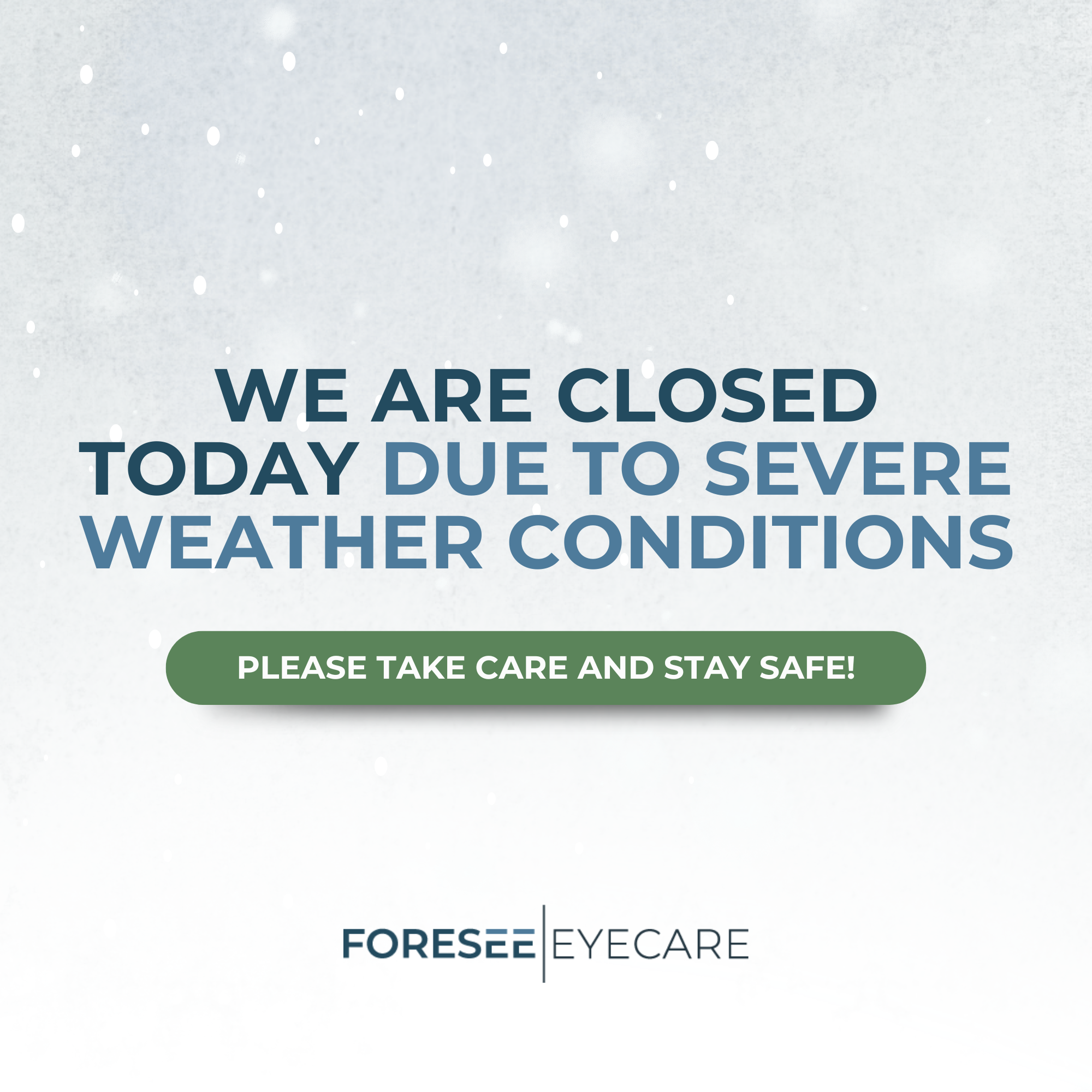While it’s a common question, especially among those wary of medical procedures, there is currently no effective way to treat cataracts without surgery. Lifestyle changes and visual aids may help manage early symptoms and delay progression, but surgery remains the only proven method to restore clear vision.
Cataracts are among the most common age-related vision problems, affecting many older adults worldwide. They develop gradually, clouding the eye’s natural lens and making everyday tasks, like reading, driving, or recognizing faces, more challenging. Left untreated, cataracts can diminish one’s quality of life.
What Are Cataracts?
Cataracts occur when the normally clear lens of the eye becomes cloudy. This clouding happens because proteins in the eye’s lens break down, forming clumps that blur your vision. Cataracts typically develop slowly over time and are a natural part of aging, although factors like smoking, UV exposure, and certain health conditions (e.g., diabetes) can accelerate their progression.
Common symptoms of cataracts include:
- Blurred or cloudy vision
- Increased sensitivity to light
- Difficulty seeing at night
- Faded or yellowed colors
- Frequent changes in your glasses prescription
- Halos around lights
Cataracts are a progressive condition, which means they can worsen over time if left unaddressed. If you’re noticing any of these symptoms, it’s important to consult an optometrist as soon as possible for a comprehensive eye exam.
Can Cataracts Be Treated Without Surgery?
As of now, there is no way to completely reverse cataracts without surgery. The recommended treatment for cataracts involves removing the cloudy lens and replacing it with an artificial one. This procedure, known as cataract surgery, is a common and generally safe surgery with a high success rate.
That said, managing cataract symptoms is possible without surgery in the early stages of the condition. While these measures don’t remove cataracts, they can temporarily help you see better and maintain your daily routine. They can also delay the need for cataract surgery if the quality of vision (QOL) and activities of daily living (ADL) have not been significantly impacted yet by cataracts.
Non-Surgical Ways to Manage Cataracts
Although there is currently no way to cure cataracts without surgery, there are ways to help manage the symptoms in the meantime.
Updating Your Eyeglass Prescription
As cataracts develop, updating your eyeglass prescription can help improve your vision. While it won’t affect the progression of cataracts, a new prescription can make everyday tasks like reading and driving easier by providing clearer vision.
Using Brighter Lighting
Improved lighting in your home or workspace can reduce eye strain caused by dim environments. LED bulbs or lamps designed for eye comfort can be particularly useful.
Reducing Glare/UV exposure
Sunglasses with UV protection or anti-glare coatings on your prescription lenses can help you manage light sensitivity during the day. This is especially important when driving or walking outdoors. In fact, UV exposure to the eyes is one of the risk factors for progression and cause of cataracts.
Adjusting Your Lifestyle
Quitting smoking, eating a balanced diet rich in antioxidants, and managing underlying health conditions like diabetes may help slow the progression of cataracts.
Magnifying Aids
Handheld magnifiers or apps designed to enlarge text on your smartphone can make day-to-day activities easier as cataracts progress.
While these adjustments can help temporarily, they won’t address the long-term challenges posed by cataracts. Eventually, surgery will likely be necessary to restore your vision fully.

The Case for Cataracts Surgery
Cataract surgery may sound daunting, but it is known to be a safe and effective treatment option. The cloudy lens is removed during surgery and replaced with a clear intraocular lens (IOL). Many patients notice an improvement in their vision quickly after surgery, with full results appearing after the eye has had time to heal. The benefits of cataract surgery include:
- Restored clear vision
- Improved quality of life
- Ability to resume activities you love, like reading, driving, and enjoying nature
- A higher degree of independence
Premium IOLs, such as multifocal or toric lenses, can correct refractive errors like nearsightedness or astigmatism, allowing you to see clearly at multiple distances without heavy reliance on corrective eyewear.
When is the Right Time for Cataract Surgery?
Deciding when to undergo cataract surgery is a personal choice, often guided by how much the condition affects your daily life. If you’re struggling to read, drive, or recognize faces even with updated prescriptions or brighter lighting, it may be time to consider surgery.
Vision that interferes with your safety or independence is a strong indicator that the benefits of surgery may outweigh any concerns. Your optometrist can help assess the severity of your cataracts and determine the ideal timing based on your symptoms, lifestyle, and eye health. Early evaluation leads to better long-term outcomes.
Take Charge of Your Eyecare Today
While there’s currently no way to treat cataracts without surgery, there are many ways to support your vision as cataracts develop. From updating your glasses to considering cataract surgery at the right time, staying proactive about your eye health is a good way to safeguard your independence and quality of life.
If you’ve noticed symptoms of cataracts, don’t wait. Schedule a consultation with Foresee Eyecare today, we’ll provide the personalized care and guidance you need to make informed decisions about your vision.

